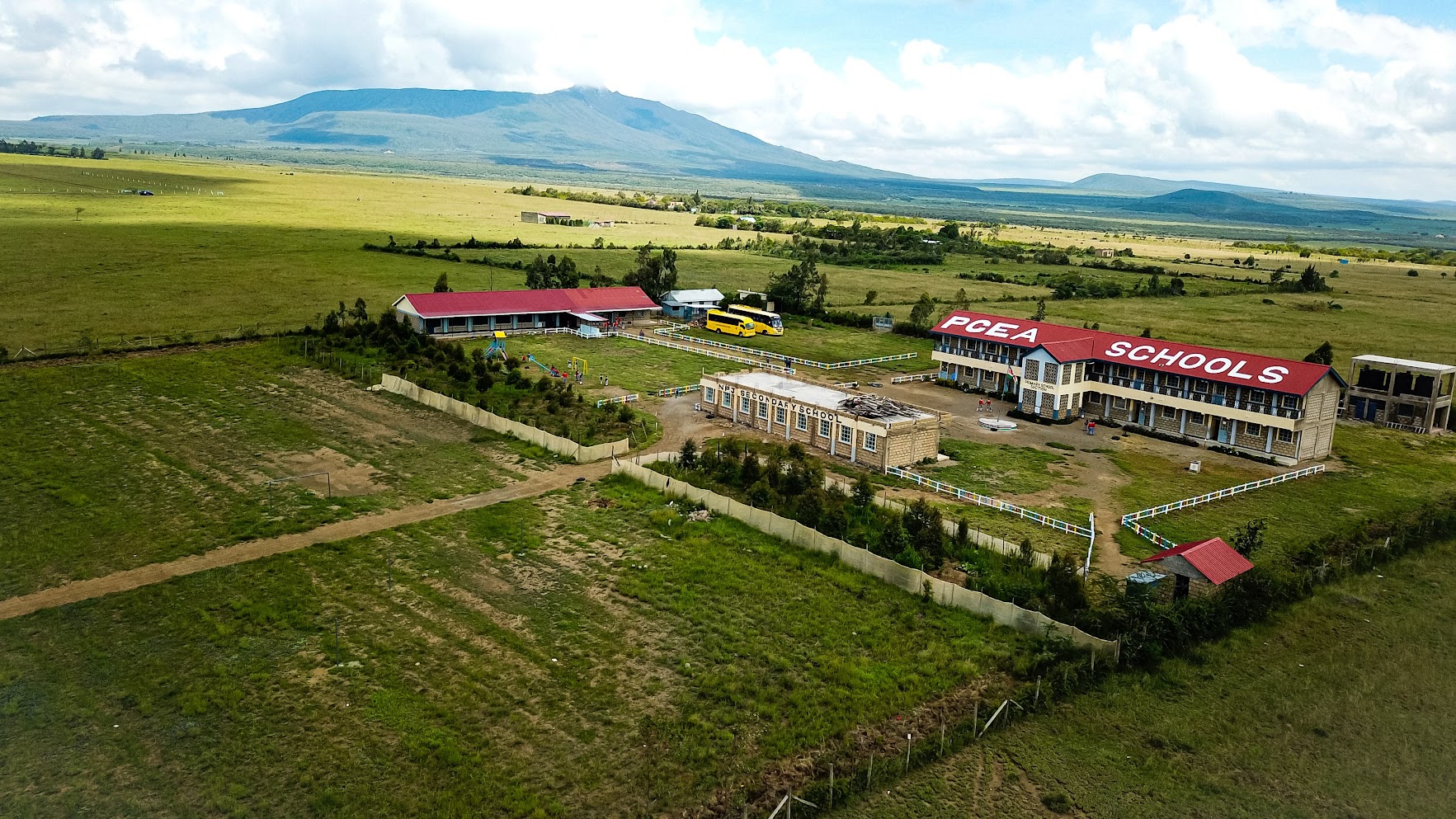The real estate market is a dynamic and ever-evolving landscape. As we delve into 2024, several key trends are emerging that savvy investors, homeowners, and industry professionals should keep an eye on. Understanding these trends can help you make informed decisions, whether you’re looking to buy, sell, or invest in real estate. Here’s a closer look at the significant market trends to watch this year.
1. Rising Interest Rates and Their Impact
Central banks worldwide are gradually increasing interest rates to combat inflation. Higher interest rates mean higher mortgage costs, which can affect affordability for homebuyers and impact investment returns for real estate investors. Here’s what to watch:
- Mortgage Rate Increases: Expect higher monthly payments, which might reduce demand in some market segments, particularly among first-time homebuyers.
- Refinancing Slowdown: With rates rising, fewer homeowners will be motivated to refinance, potentially slowing down the mortgage market.
- Investment Strategies: Investors might shift towards properties with higher rental yields to offset the increased borrowing costs.
2. Shift from Urban to Suburban and Rural Areas
The pandemic has significantly influenced living preferences, with many people prioritizing space and quality of life over proximity to urban centers. While urban areas are starting to bounce back, suburban and rural properties remain attractive:
- Suburban Growth: Expect continued demand for suburban homes as people seek larger spaces and better affordability.
- Rural Appeal: Remote work has made rural living more feasible, leading to increased interest in rural properties.
- Urban Revitalization: Cities are adapting by improving infrastructure and offering incentives to attract residents back to urban living.
3. Increased Demand for Sustainable and Smart Homes
Sustainability and technology are no longer optional; they are becoming essential features in modern homes. Buyers are increasingly seeking properties that are both energy-efficient and equipped with smart technology:
- Energy Efficiency: Homes with solar panels, energy-efficient appliances, and sustainable building materials are in high demand.
- Smart Home Technology: Features like smart thermostats, security systems, and automated lighting are attractive to tech-savvy buyers.
- Green Certifications: Properties with LEED or other green certifications can command higher prices and appeal to environmentally conscious buyers.
4. Growing Popularity of Mixed-Use Developments
Mixed-use developments, which combine residential, commercial, and recreational spaces, are gaining traction. These developments offer convenience and a sense of community:
- Urban Mixed-Use Projects: Cities are developing more mixed-use spaces to create vibrant, walkable neighborhoods.
- Suburban Adaptation: Suburban areas are also seeing an increase in mixed-use projects, blending residential units with retail and office spaces.
- Investment Potential: These developments often have lower vacancy rates and higher property values due to their convenience and appeal.
5. Technological Innovations in Real Estate Transactions
Technology is revolutionizing the real estate industry, making transactions more efficient and transparent. Key innovations include:
- Virtual Tours and Open Houses: Technology allows buyers to view properties remotely, broadening the market for sellers.
- Blockchain Transactions: Blockchain technology offers secure and transparent property transactions, reducing the risk of fraud.
- AI and Big Data: AI-powered tools and big data analytics are helping investors and buyers make data-driven decisions about property values and market trends.
6. Affordable Housing and Policy Changes
Housing affordability remains a critical issue, driving policy changes and new developments aimed at providing affordable options:
- Government Initiatives: Look for new policies and incentives aimed at increasing the supply of affordable housing.
- Innovative Solutions: Modular and prefabricated homes are becoming more popular as cost-effective and quick-to-build housing options.
- Zoning Changes: Cities are revisiting zoning laws to allow for more multi-family and high-density housing, aiming to address the affordable housing shortage.







